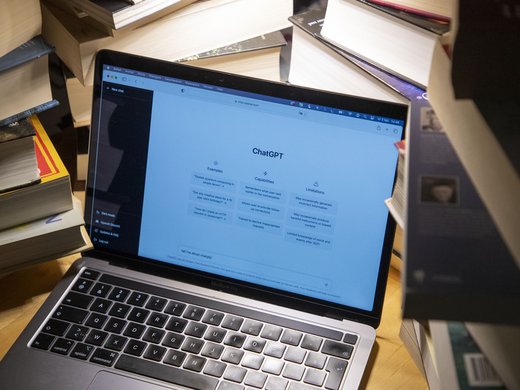Efforts at stimulating economic growth are shifting away from factor inputs as governments seek to establish an innovation-friendly environment. This paper investigates the effect of macro uncertainty on research and development (R&D). Against that background, it discusses what the Group of Twenty (G20) and its member states can do in this regard to facilitate increased innovation. Using data on 30 countries covering 1982–2012, the relationship between fluctuations in macro uncertainty and R&D growth is studied. The analysis shows that increased macro uncertainty is associated with lower R&D growth, and that business enterprise expenditure on R&D (BERD) appears to be the leading culprit for lower expenditure during times of higher uncertainty. Regression analysis that accounts for potential endogeneity due to country-specific fixed effects further highlights that R&D may be less susceptible to some measures of uncertainty — such as cross-firm daily stock return spread, which may reflect the potential for higher than normal gains — and more susceptible to others — such as exchange rate daily volatility. In particular, R&D performed by industry does appear to suffer lower growth in the face of greater uncertainty, and there is no evidence that R&D financed by government is growing at a faster rate in such periods to combat the disincentives of investing under uncertainty. Several explanations and mitigating factors are discussed. The analysis underscores the importance for the G20 and its member countries to reduce uncertainty. One way of achieving this is by being clear in their intentions surrounding future policy and establishing effective, consistent and predictable patent regimes. The effect of uncertainty on innovation can be further minimized by pursuing R&D tax credit incentives and streamlining applicable government programs; during times of high uncertainty, a more aggressive innovation agenda should be pursued.


